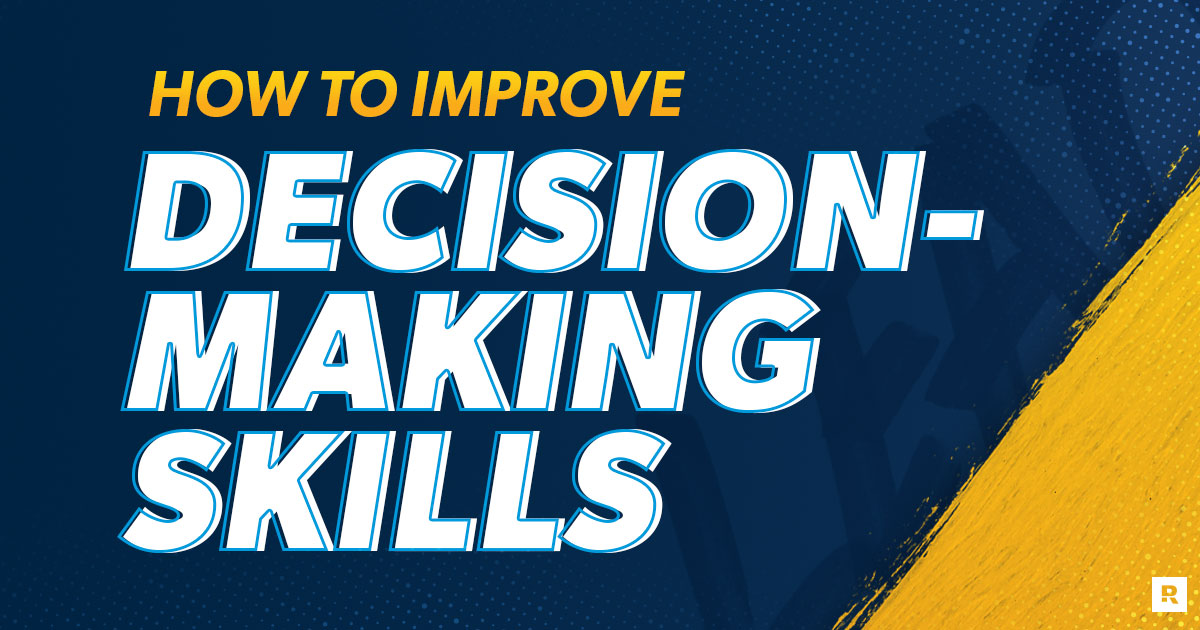Decision Making Skills In Business
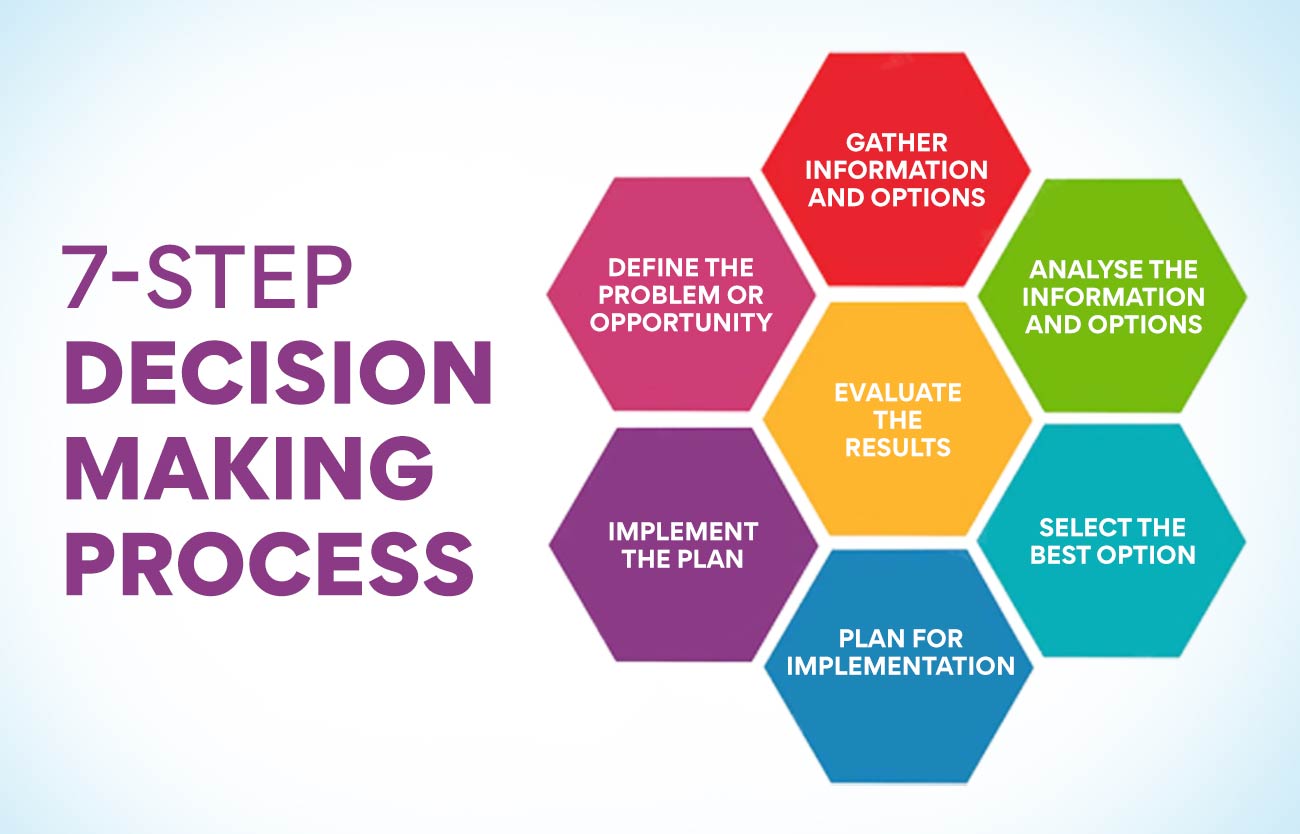
In the relentless arena of modern business, where rapid-fire changes and unforeseen challenges are the norm, one skillset stands paramount: decision-making. The ability to analyze complex information, weigh options, and choose a course of action effectively can be the difference between thriving and simply surviving.
This article delves into the critical role of decision-making skills in business, examining its impact on organizational success, the cognitive biases that can impede sound judgment, and the strategies companies are adopting to cultivate better decision-makers.
The Cornerstone of Business Success
Sound decision-making is no longer a desirable trait; it's an indispensable organizational asset. According to a 2023 report by McKinsey, companies that excel at decision-making are 2.6 times more likely to achieve above-average financial performance. The quality of decisions directly impacts everything from strategic investments and operational efficiency to talent acquisition and customer satisfaction.
Effective decisions foster innovation and adaptability. In today's dynamic market, businesses need to proactively anticipate change and swiftly adjust their strategies, which requires astute judgment and well-informed choices at every level.
Impact on Key Business Areas
Consider the impact on strategic planning. Deciding on new market entry, product development, or potential acquisitions necessitates a rigorous evaluation of data, market trends, and competitive landscapes. Poor decisions in these areas can lead to significant financial losses and missed opportunities.
Operational efficiency depends on efficient resource allocation, process optimization, and risk management. According to data from PwC, nearly 70% of operational inefficiencies are attributed to poor decision-making at the management level.
Talent acquisition and retention also relies on skilled decision-makers. Leaders must accurately assess candidate potential, foster a supportive work environment, and make equitable decisions related to promotion and compensation.
The Cognitive Labyrinth: Biases that Cloud Judgement
Human decision-making is inherently susceptible to cognitive biases, systematic patterns of deviation from norm or rationality in judgment. Recognizing and mitigating these biases is critical to improving decision quality.
Confirmation bias, for example, leads individuals to seek out information that confirms pre-existing beliefs while ignoring contradictory evidence. This can lead to a distorted view of reality and prevent decision-makers from considering alternative perspectives.
Another common pitfall is the availability heuristic, where individuals overestimate the likelihood of events that are easily recalled or vividly imagined. This can lead to skewed risk assessments and misallocation of resources.
Groupthink occurs when the desire for harmony or conformity within a group overrides critical thinking. This can stifle dissent and result in suboptimal decisions that are not thoroughly vetted.
Cultivating Better Decision-Makers: Strategies for Success
Companies are increasingly investing in programs and strategies designed to improve decision-making capabilities across their organizations. These initiatives range from formal training to process improvements.
Structured decision-making processes provide a framework for evaluating options, weighing risks, and selecting the optimal course of action. Techniques like decision trees, cost-benefit analysis, and scenario planning help to promote objectivity and transparency.
Data analytics play a vital role in providing insights and evidence-based information to support decision-making. Businesses are leveraging data to identify trends, assess performance, and predict outcomes, leading to more informed choices.
Diversity and inclusion initiatives can help to mitigate the effects of groupthink and cognitive biases. A diverse team brings a wider range of perspectives and experiences, challenging assumptions and promoting more robust debate.
Feedback mechanisms are essential for learning and improvement. Organizations must create a culture where individuals feel comfortable providing feedback on decisions, identifying areas for improvement, and learning from mistakes.
Looking Ahead: The Future of Decision-Making
The future of decision-making in business will likely be shaped by technological advancements such as artificial intelligence and machine learning. AI-powered decision support systems can analyze vast amounts of data, identify patterns, and provide insights that humans may miss.
However, the human element will remain crucial. Ethical considerations, empathy, and nuanced judgment are all qualities that cannot be easily replicated by machines. The most successful organizations will be those that can combine the power of technology with the wisdom of human experience to make the best possible decisions.
As business landscapes become increasingly complex and uncertain, the ability to make sound decisions will be the ultimate competitive advantage. Companies that invest in developing their employees' decision-making skills will be best positioned to navigate challenges, capitalize on opportunities, and achieve long-term success.
:max_bytes(150000):strip_icc()/decision-making-skills-with-examples-2063748-FINAL-5bad43d946e0fb002688e130.png)
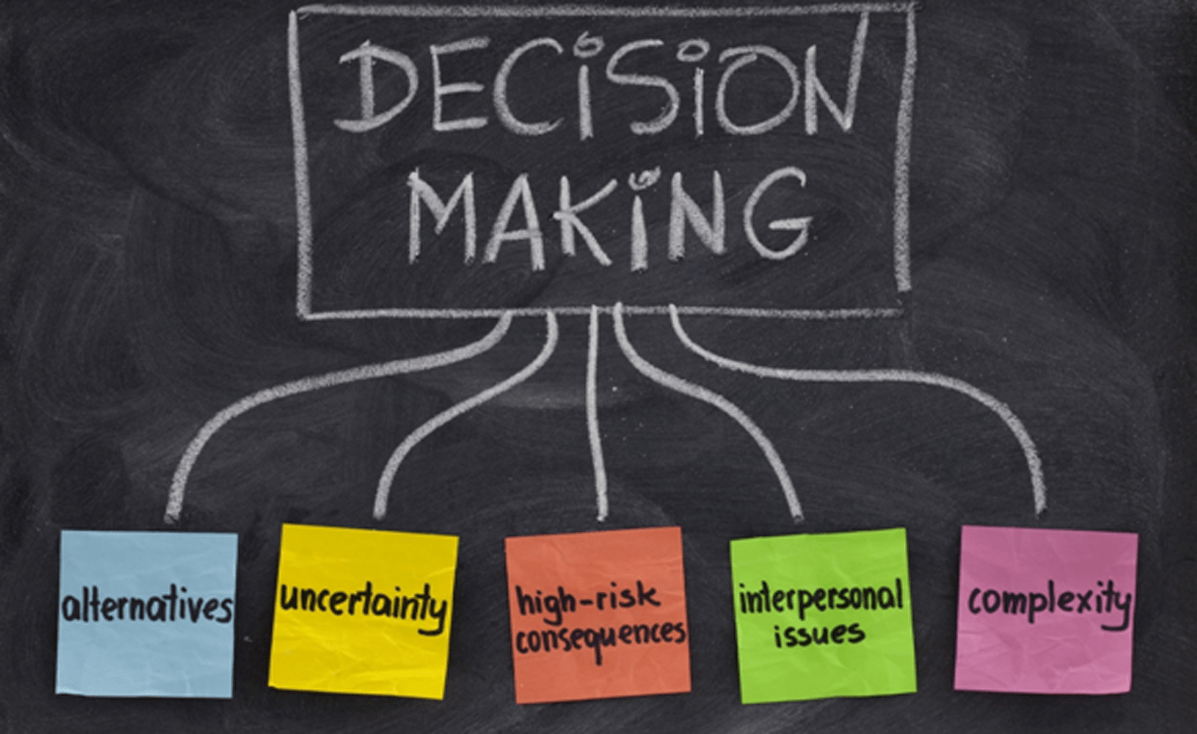

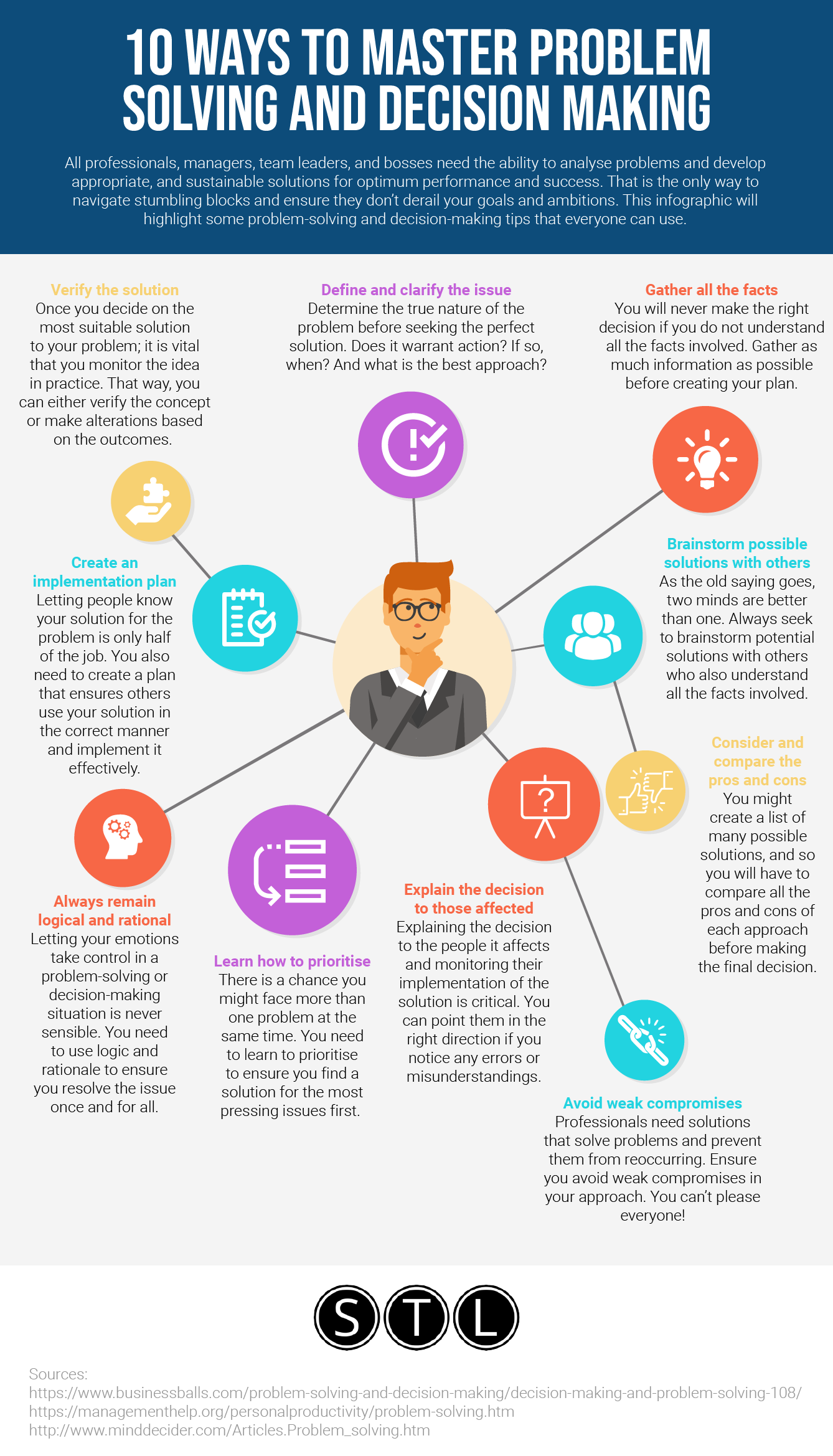




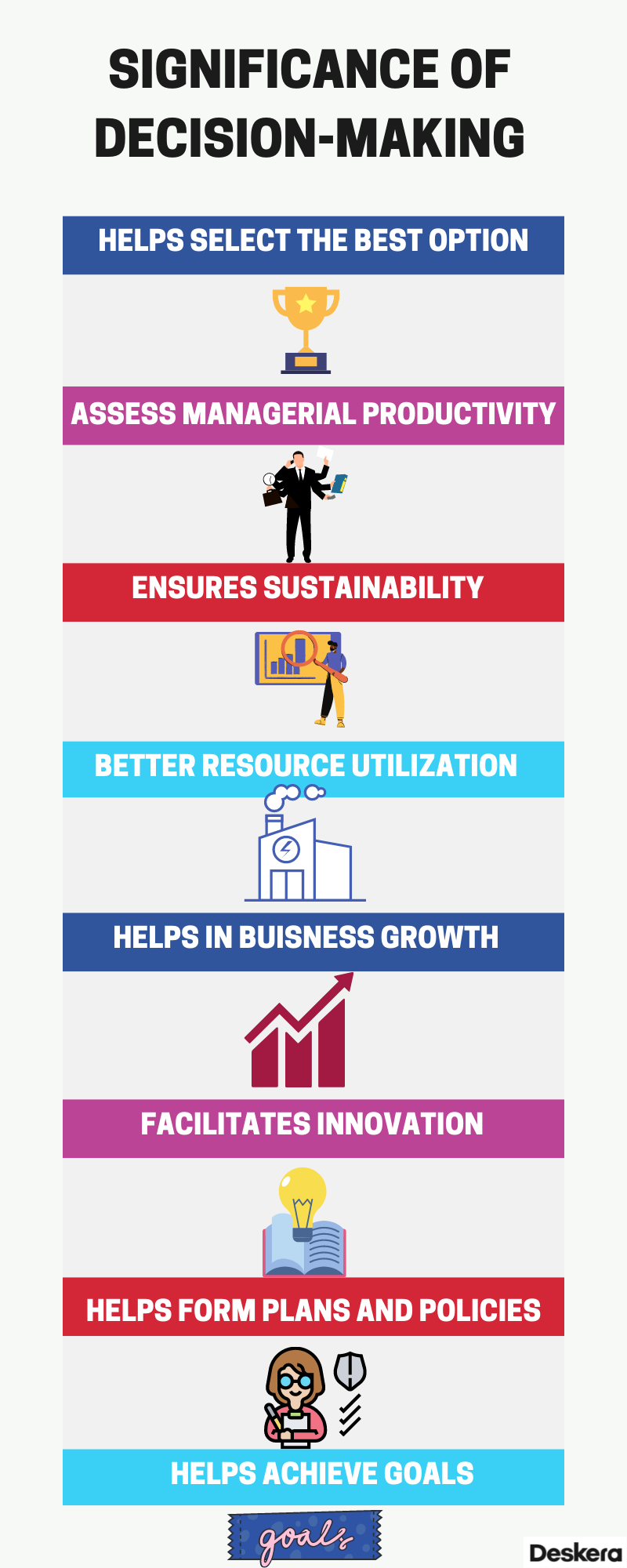




![Decision Making Skills In Business Top 10 Decision-Making Skills With Examples [2024] - foundit](https://www.foundit.in/career-advice/wp-content/uploads/2024/05/Essential-Decision-Making-Skills.jpg)


